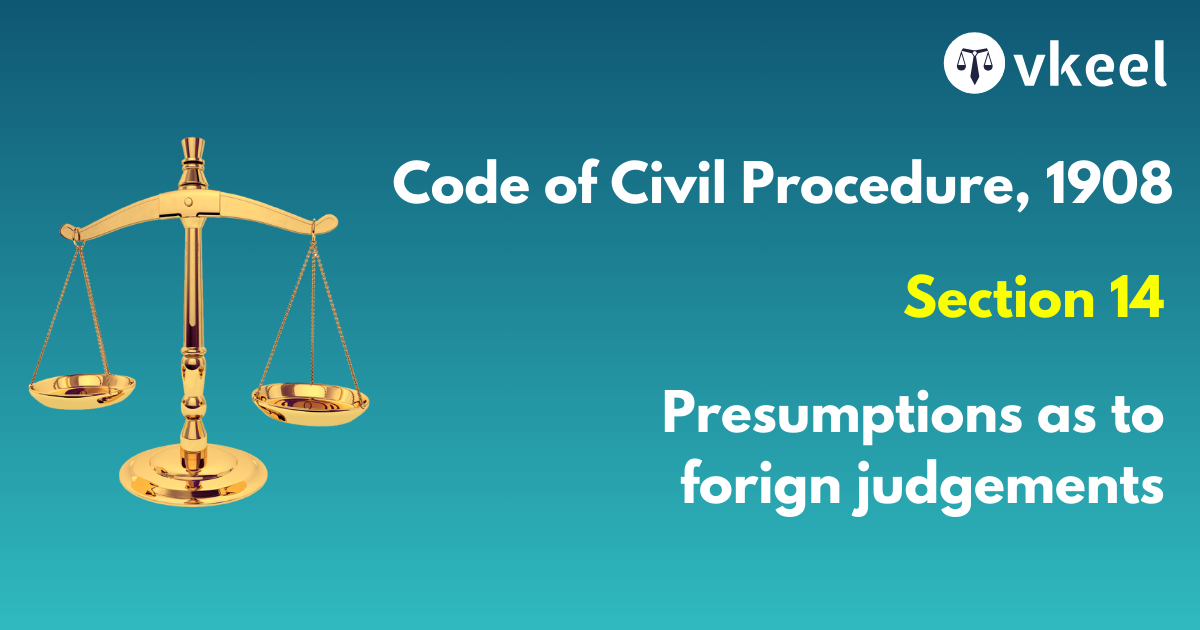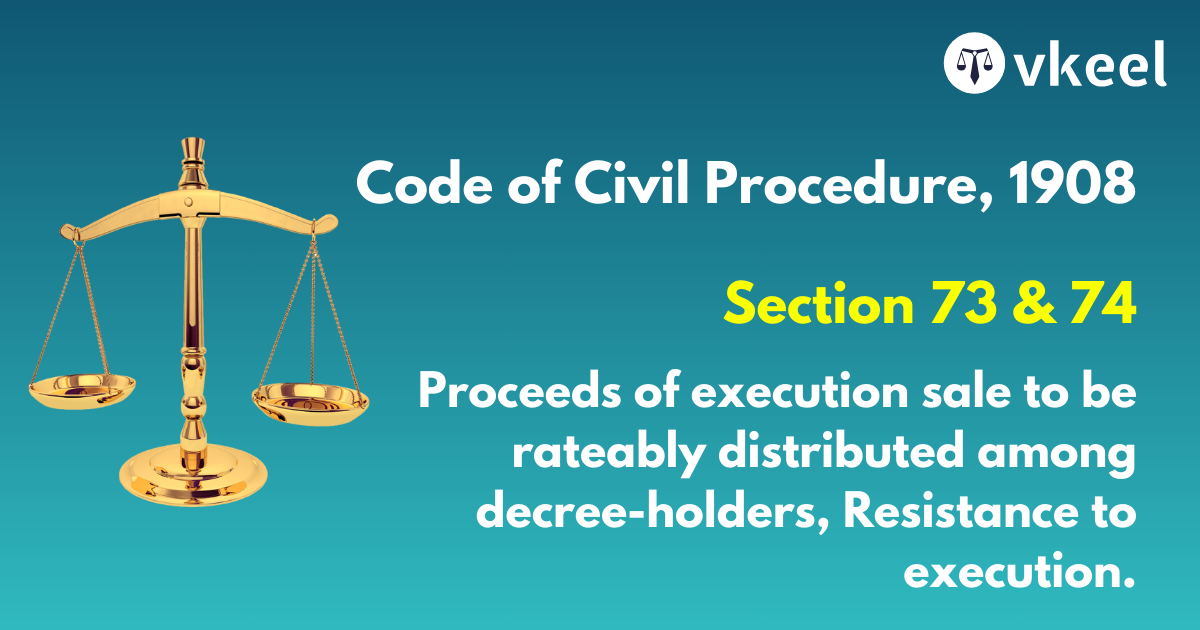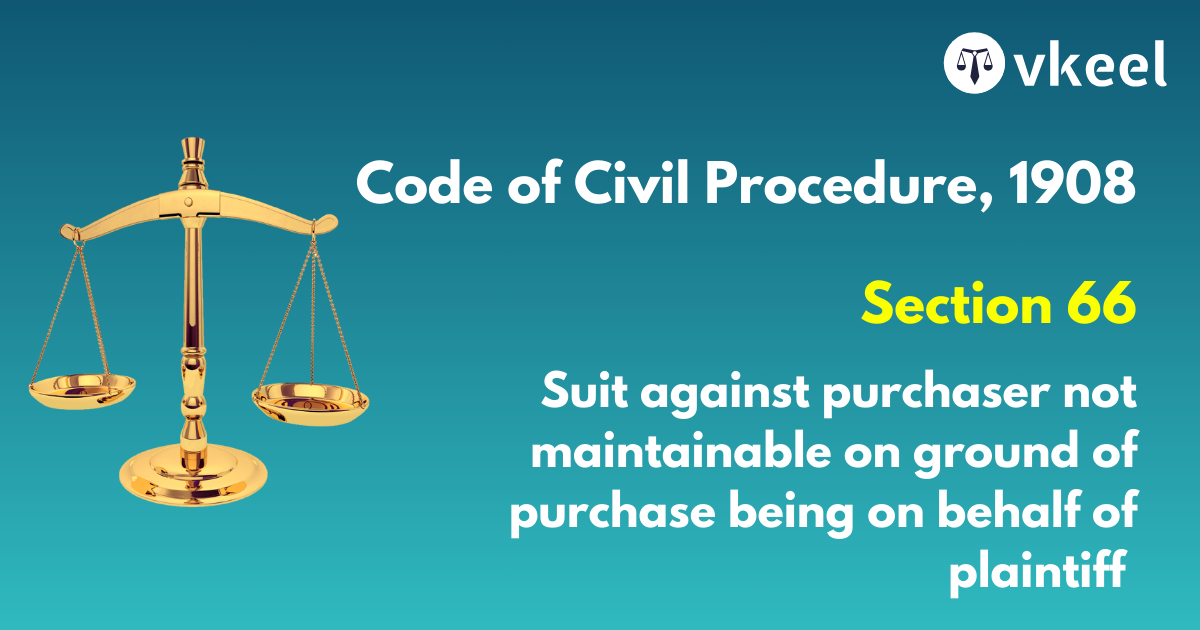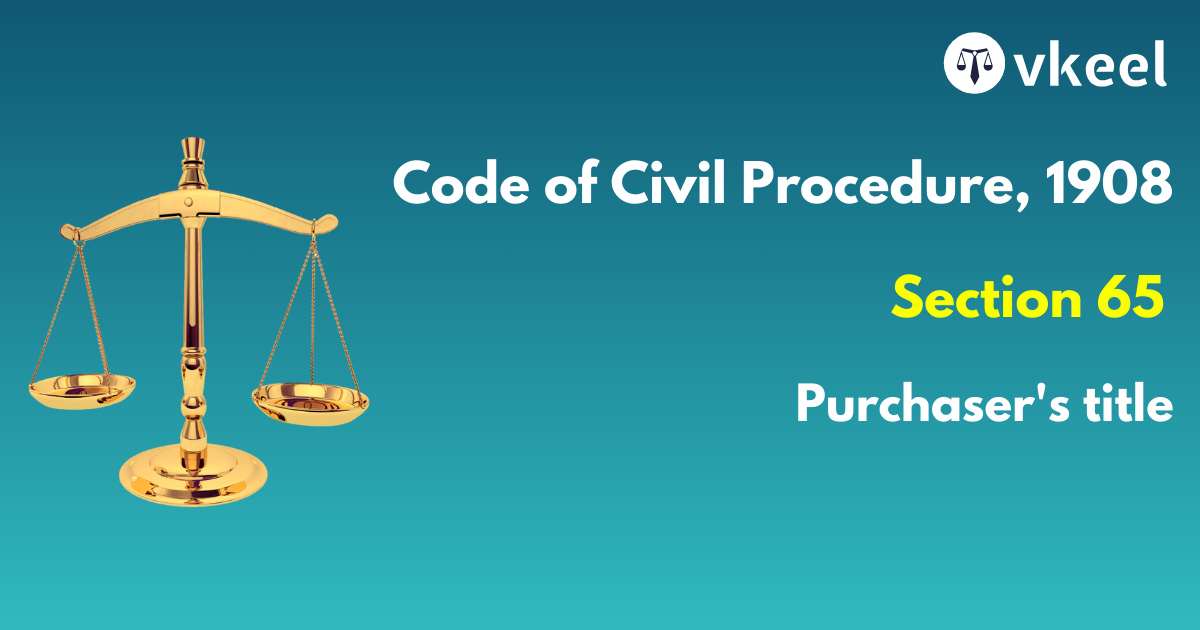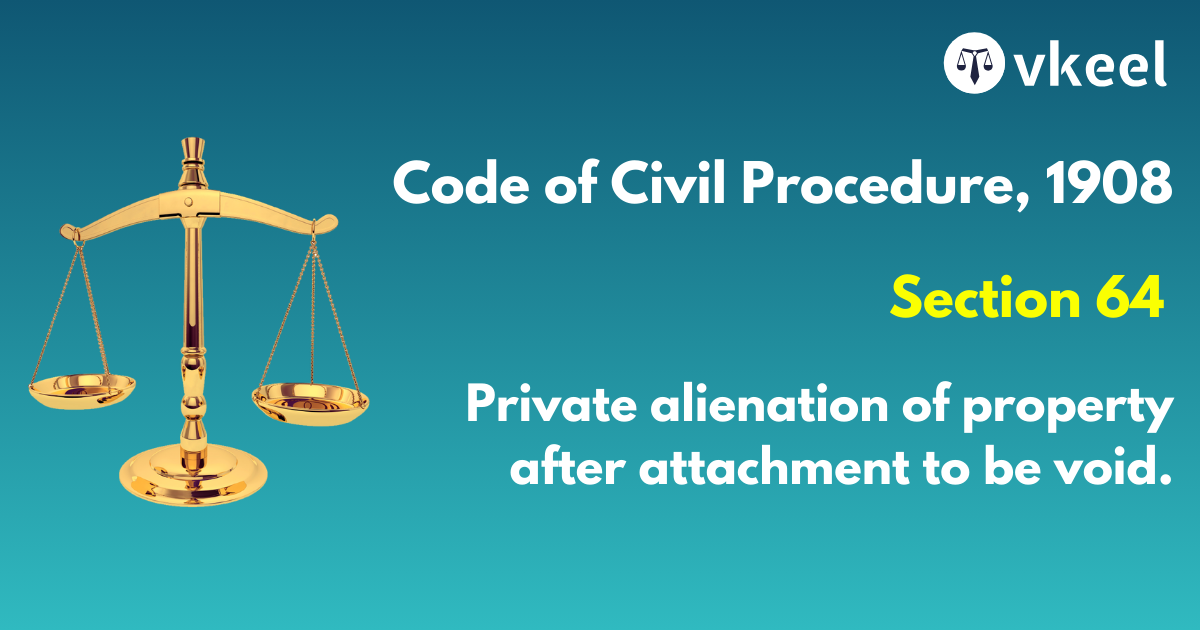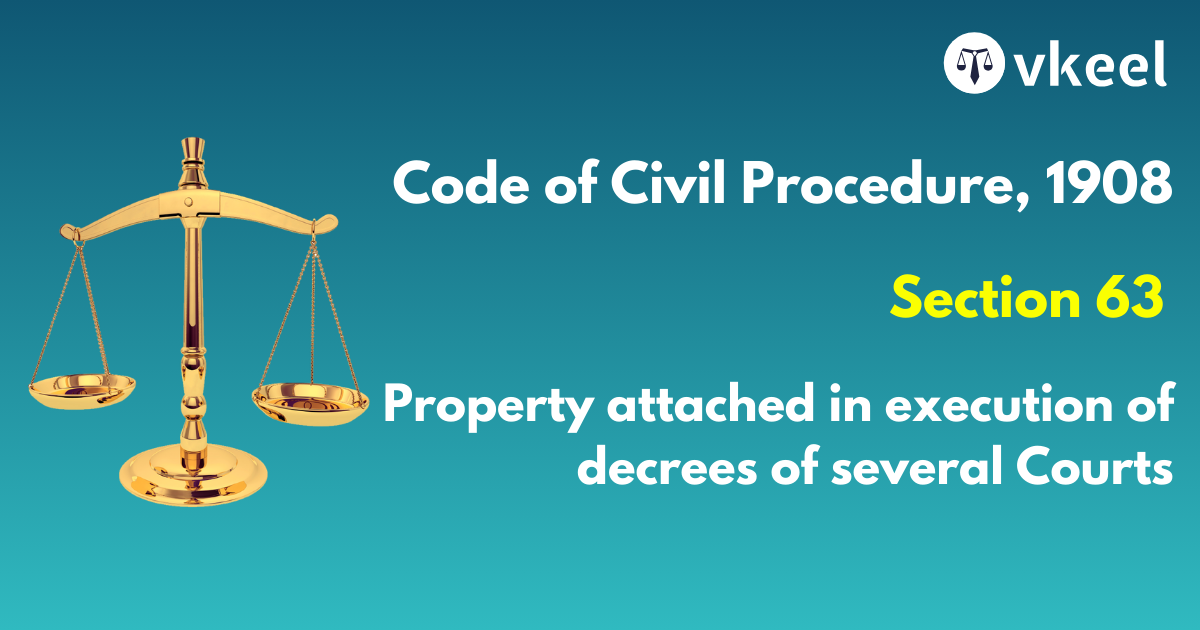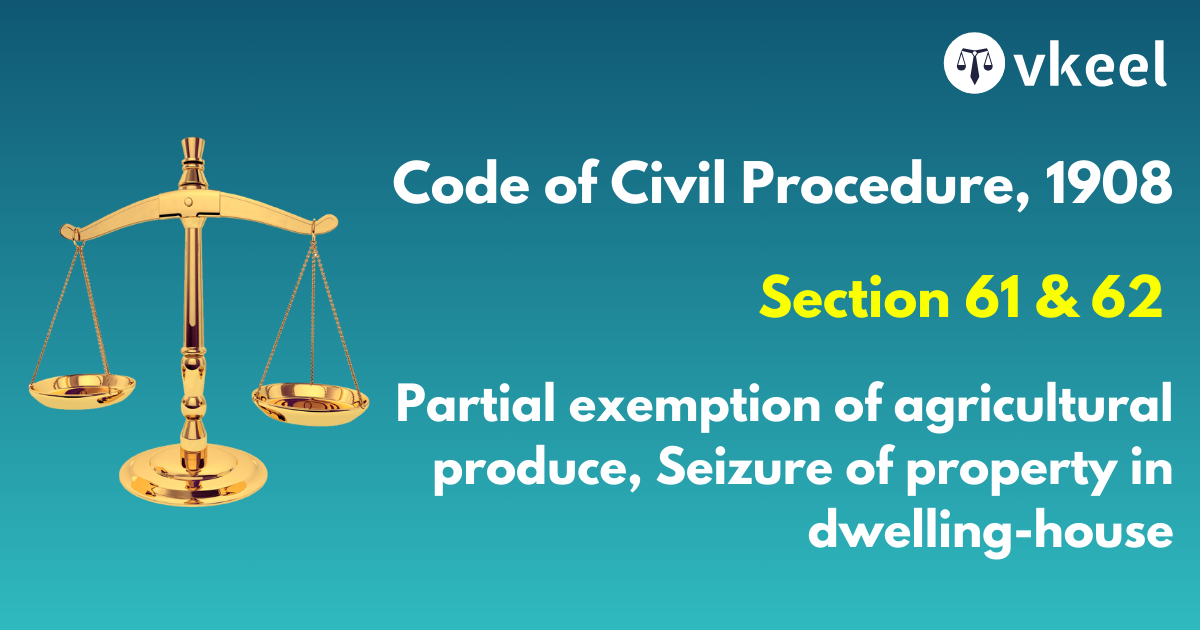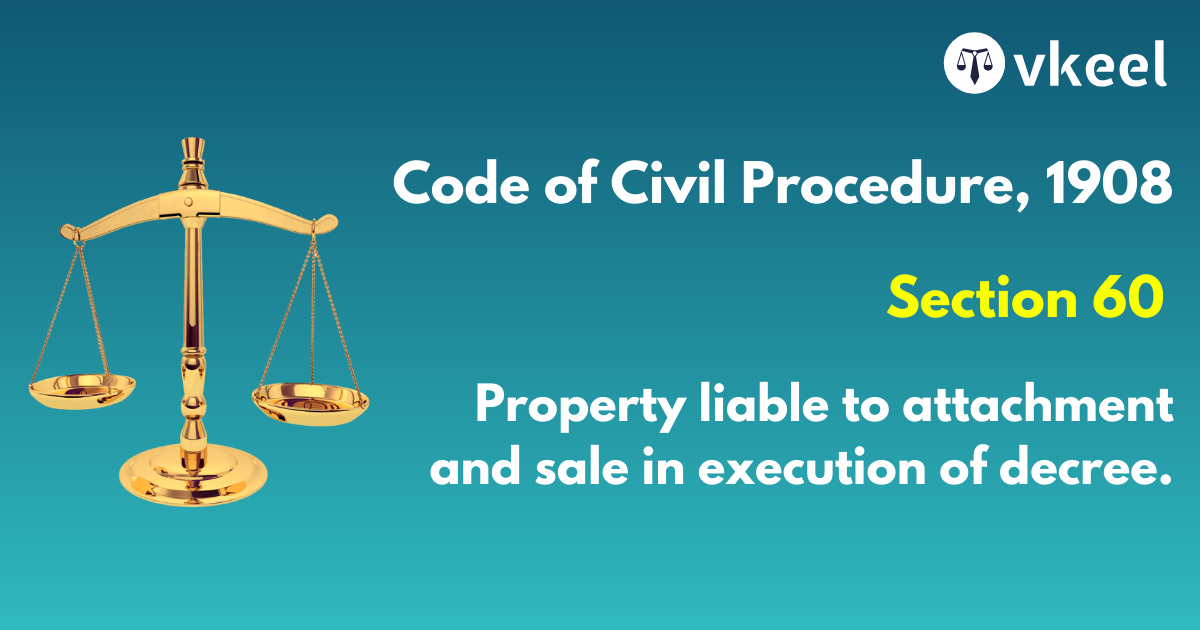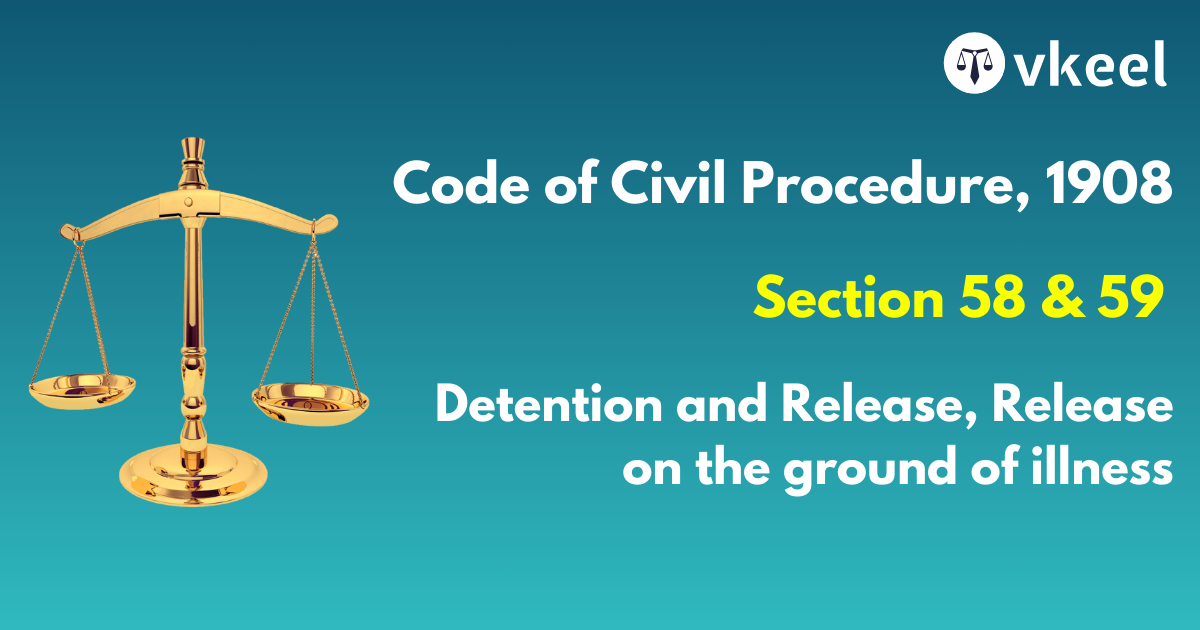Section 14 Code of Civil Procedure,1908 – Presumption as to foreign judgments
By Joy Puri
Table of Contents
Introduction
The aforesaid provision of the Code of Civil Procedure states that the courts of law shall in its very essence assume that the production of any document purporting to be a certified copy of the respective foreign judgement was pronounced by the court of competent jurisdiction until the contrary is proved.
Albeit, the admissibility of the document narrates that if with such copy any further condition is required to be fulfilled, the former can only be entertained as an evidence in the court of law only if the attached conditions are fulfilled.
Section 14 of the Code of Civil Procedure, 1908
Presumption as to foreign judgments
The Court shall presume upon the production of any document purporting to be a certified copy of a foreign judgment that such judgment was pronounced by a Court of competent jurisdiction, unless the contrary appears on the record; but such presumption may be displaced by proving want of jurisdiction.
Landmark Case
Y Narsimha Rao Vs Venkata,1991
The apex court in the aforesaid case opined ”Mere production of a Photostat copy of a decree of foreign Court is not sufficient. It is required to be certified by a representative of the Central Government in America.”
Sankaran v. Lakshmi,1974
In this landmark case, the apex court in the antecedent matter held that the verbiage of the term “principles of natural justice” is stated in regards to the irregularities witnessed in the procedure apart from the merits of the case.
Satis v Panchumani
Where there are two distinct claims, one cognizable by regular court and another by small cause court, the plaintiff can sue for both claims in the regular court.
Kehar Singh v Prem Sharma, 2013
In a suit for specific performance, suit for the purpose of jurisdiction and Court fee was valued at Rs 13 lacs, consideration amount on which Court fee of Rs 15600/- was affixed, held the suit fell within the pecuniary jurisdiction of the District Judge and he had jurisdiction to try the suit.
Nidhi Vs Mazhar 7 A 230
“Competent” means having jurisdiction to try. Jurisdiction has reference, to (a) subject matter; (6) parties; (c) particular question which calls for decision and (a) pecuniary value. Obviously ‘competency’ in this section refers to pecuniary jurisdiction. The section is a rule of procedure and not of jurisdiction and it does not therefore oust the jurisdiction of the courts of higher grades who have concurrent jurisdiction in the matter. The word “shall” is imperative on the suitor. The object is “that the court of the higher grade shall not be overcrowded with suits”
Vithalbhai Vs Lalbhai, 1942
The presumption is obligatory on production of a certified copy. It may be displaced by evidence on the point.
In the case of Hulasi Vs Mohanlal the court of law talked about the nature of presumption which has to be taken in view while the court is hearing the matter.
The section 86 of the Indian Evidence Act talks about the production of copies of foreign judicial record.
Conclusion
Therefore the aforementioned provision of the Code of Civil Procedure that is section 14 of the Civil Procedure Code plays a crucial and an important place in the judicial system of the country by addressing the recognition and enforcement of foreign judgments in the country.
Disclaimer:
The information provided in the article is for general informational purposes only, and is not intended to constitute legal advice or to be relied upon as a substitute for legal advice. Furthermore, any information contained in the article is not guaranteed to be current, complete or accurate. If you require legal advice or representation, you should contact an attorney or law firm directly. We are not responsible for any damages resulting from any reliance on the content of this website.

